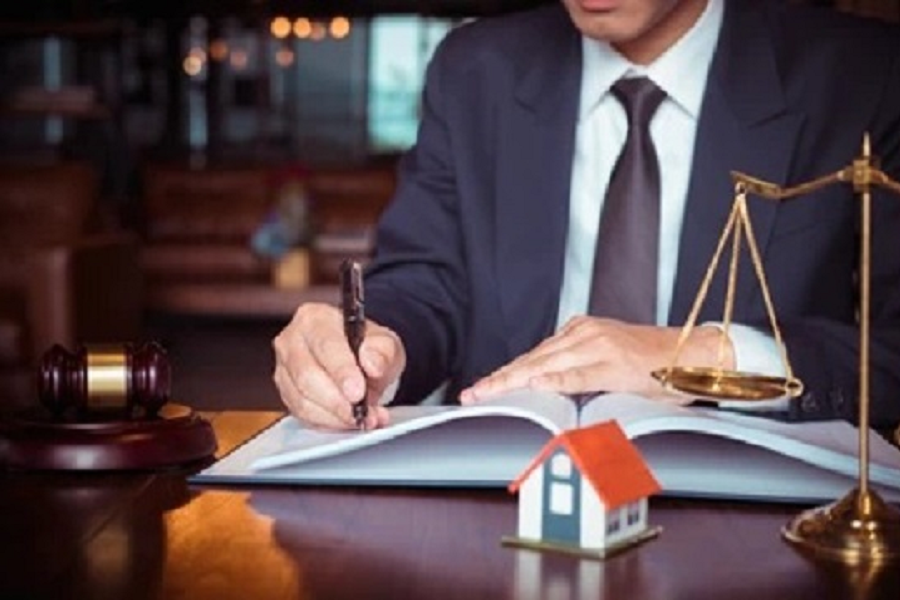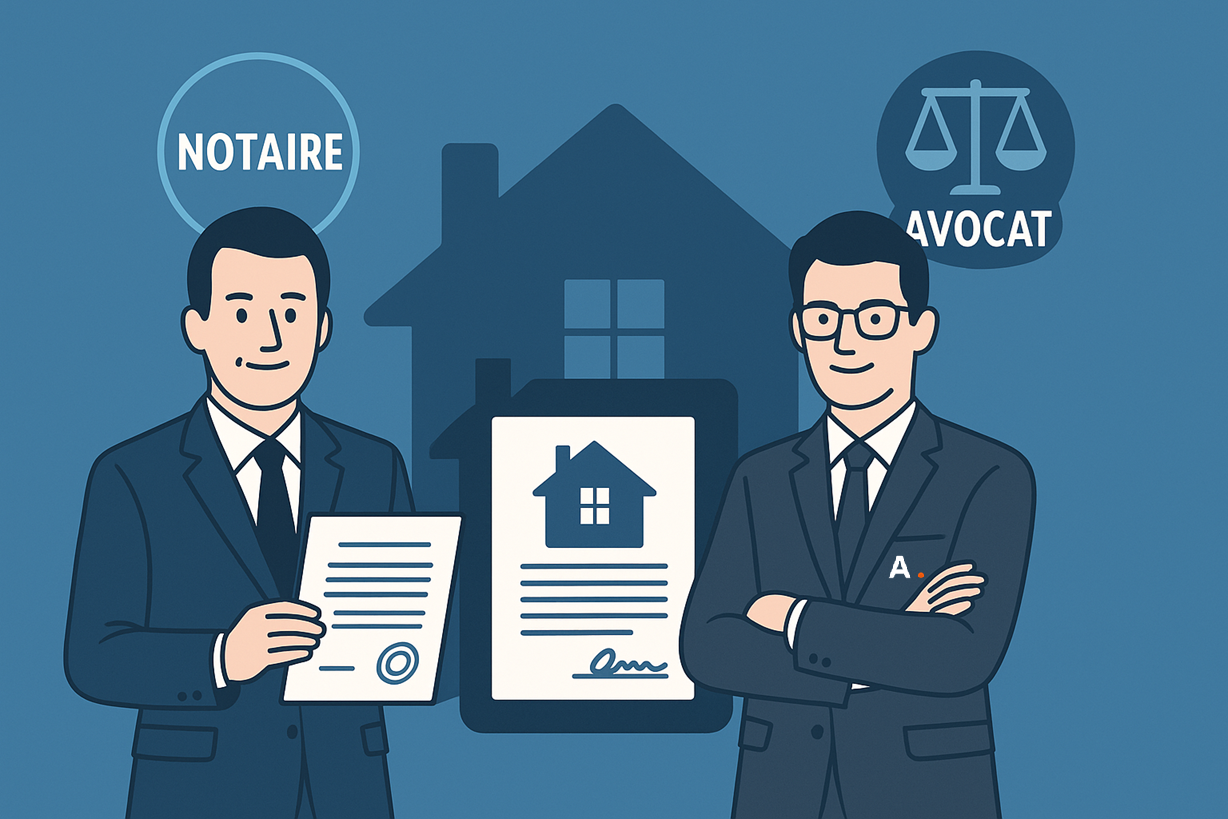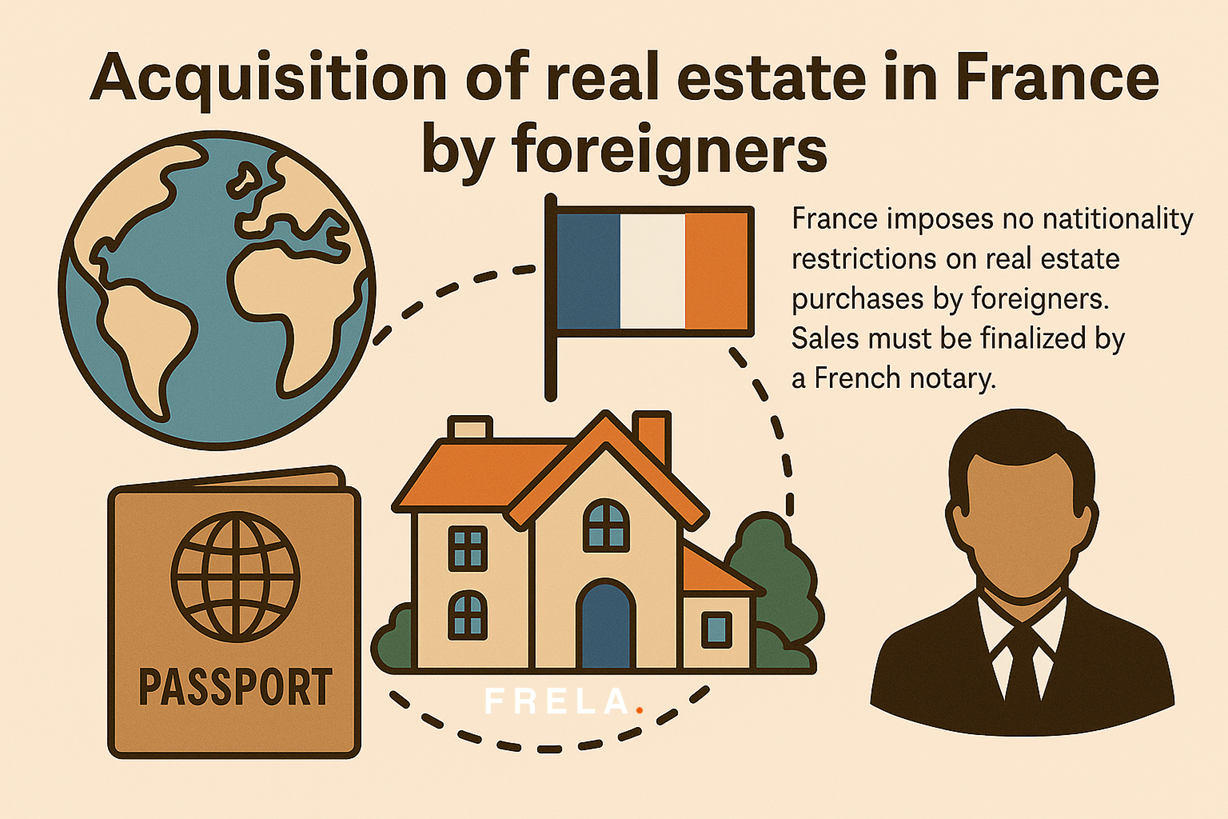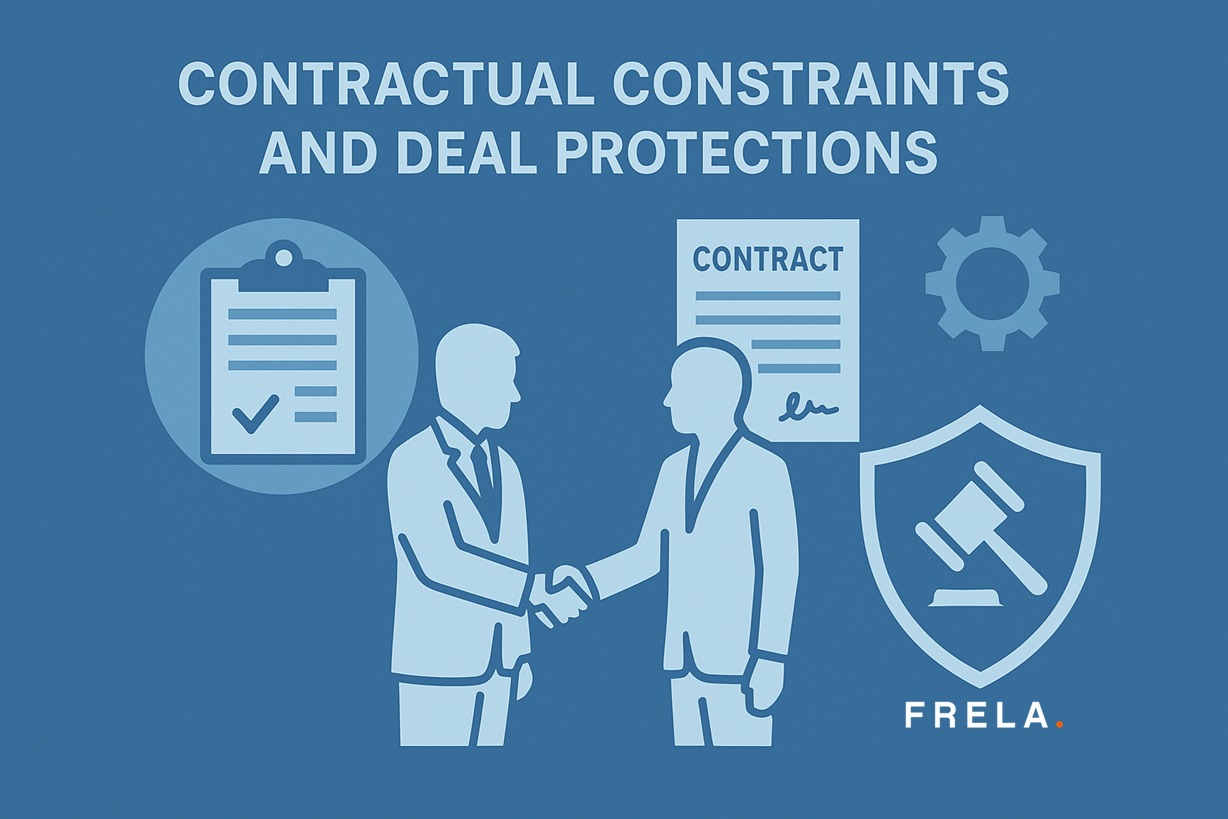Rights and obligations of property ownership in France
Purchasing a real estate property is one of the most significant investments an individual can make in their lifetime. It is essential to be aware of the rights and obligations associated with property ownership in France to avoid legal and financial issues. The right to property ownership is defined in Article 544 of the Civil Code, which states that “ownership is the right to enjoy and dispose of things in the most absolute manner, provided that no use is made thereof which is prohibited by laws or regulations.”


Rights of property owners in france
Property owners in France have several rights. Firstly, they have the right to freely dispose of their property, provided they comply with the laws and regulations in force. This means that they can sell, rent, or bequeath their property to another person. Property owners also have the right to use their property for personal purposes, such as occupying it for habitation, carrying out renovations, or creating a business. Additionally, property owners have the right to peaceful enjoyment of their property without disturbance from third parties. Property owners can also carry out modifications or repairs to their property provided they comply with the laws and regulations in force.
Obligations of property owners in france
In France, property owners are also obligated to comply with the laws and regulations in force, particularly in relation to urban planning and environmental regulations. This means they must obtain the necessary authorizations before carrying out any work on their property and must adhere to waste management and environmental protection regulations. Property owners must also respect the rights of third parties, particularly their neighbors. This means they must not cause any nuisances to their neighbors, comply with co-ownership rules if they own a property in co-ownership, and respect the right of passage and access of third parties to their property.
Limitations on the right to property
As mentioned earlier, the right to property ownership in real estate is not absolute and is subject to several limitations. Firstly, the real estate property may be subject to a servitude, which is a real right granted to a third party, such as a right of passage or a pipeline crossing the property. Mitoyenneté is also a limitation of property ownership, as it involves co-ownership between two properties separated by a common boundary. Finally, limitations may also benefit third parties, as in the case of pre-emption, where the commune or a tenant may have the right to acquire the property in the event of a sale. Property owners can also be sanctioned for abuse if they disturb the peace of their neighbors. In conclusion, property ownership in real estate in France is subject to several limitations that aim to preserve the public interest and the rights of third parties. Therefore, it is essential for property owners to understand these limitations to avoid any disputes or sanctions.
Rights and obligations in real estate leasing
The rights and obligations of a property owner differ when leasing their property. Firstly, the owner must respect the rights of the tenant, particularly with regards to peaceful enjoyment of the leased property. The owner must also provide the tenant with a decent property in good working order and safety. The tenant also has rights, such as the right to receive a rent receipt, the right to renew their lease, or the right to obtain repairs if the leased property has defects or hidden vices. Additionally, the property owner is required to comply with regulations concerning rent setting and rent review, as well as rules regarding lease duration and termination.
Sanctions for non-compliance with rights and obligations in real estate leasing
In case of non-compliance with rights and obligations in real estate leasing, sanctions can also be taken. If the property owner does not respect the tenant’s rights, they may be subject to legal action to obtain damages. In contrast , if the tenant fails to comply with their obligations, the owner may initiate a lease termination procedure and/or seek damages. It is therefore important for property owners and tenants to be aware of their rights and obligations in real estate leasing to act accordingly and avoid disputes and sanctions.
The rights and obligations of real estate property ownership in France are notably governed by the Civil Code. Every property owner must comply with the laws and regulations in force and be aware of their rights and obligations to protect their interests and their property. It is also crucial for property owners and tenants to understand their rights and obligations in real estate leasing to avoid disputes and sanctions.
About the Author :
Business lawyers, bilingual, specialized in acquisition law; Benoit Lafourcade is co-founder of Delcade lawyers & solicitors and founder of FRELA; registered as agents in personal and professional real estate transactions. Member of AAMTI (main association of French lawyers and agents).
FRELA : French Real Estate Lawyer Agency, specializing in acquisition law to secure real estate and business transactions in France.
Paris, 19 Rue du Colisee, 75008 Paris
Bordeaux, 78 Cours de Verdun, 33000 Bordeaux
Lille, 40 Theater Square, 59800 Lille





